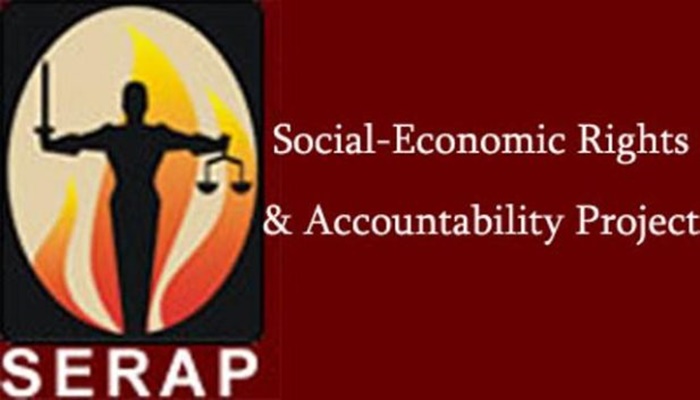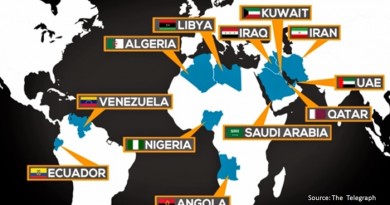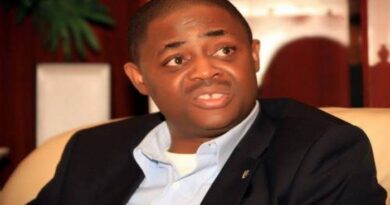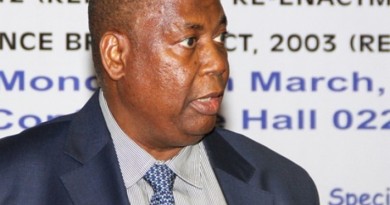SERAP wants special court to handle cases of free speech, other rights abuses
The Socio-Economic and Accountability Project (SERAP) has called for the establishment of a special human rights court to be vested with the mandate of ensuring strict adherence to fundamental rights in Nigeria.
The civil society organisation said the court would step in “when there is a breach of, or a likely breach of the fundamental rights of the people, which includes the right to freedom of expression as provided in the Constitution.”
SERAP stated this at the launch of its latest report on media attacks in Nigeria in Lagos on Wednesday.
The group also asked the Nigerian government to make a public condemnation of all media attacks and issue clear public statements to government and security agencies prohibiting attacks on the media.
It also demanded an amendment of the Cybercrime Act to align with the rights to freedom of expression as enshrined in Nigeria’s Constitution and international laws among others.
The report titled: “A Downward Spiral: How Federal and State Authorities are Tightening the Screws on Media Freedom in Nigeria,” highlights the various attacks on the media and general freedom of expression from the inception of military regime in Nigeria to date.
The report also included information from the Press Attack Tracker (PAT) organised by the Premium Times Centre for Investigative Reporting (PTCIJ), which noted that at least 36 Nigerian journalists were attacked between January and July 2019 alone, with 30 of the attacks recorded during the general elections.
The figure noted for these attacks in the first half of 2019 was nearly equal to the record of media attacks by PAT in 2017 and 2018, according to the report.
It said 21 media attacks were recorded in 2018 and 16 in 2017. Also, 44 broadcast stations were sanctioned during the first half of 2019, the report said.
Some of the attacks from 2010 to 2015 cited in the report include the raid of the Nation’s Newspaper, Lagos office in October 2011 by officers of the Nigerian Police who arrested four journalists, namely: Yusuf Ali, Lawal Ogianegbon, Dapo Olufade, Dupe Olaoye-Osinkolu and the paper’s in-house lawyer, Johnson Unachukwu, following a directive by the then Minister of Justice, Mohammed Adoke, who requested the arrest of the journalists over a report at the time.




